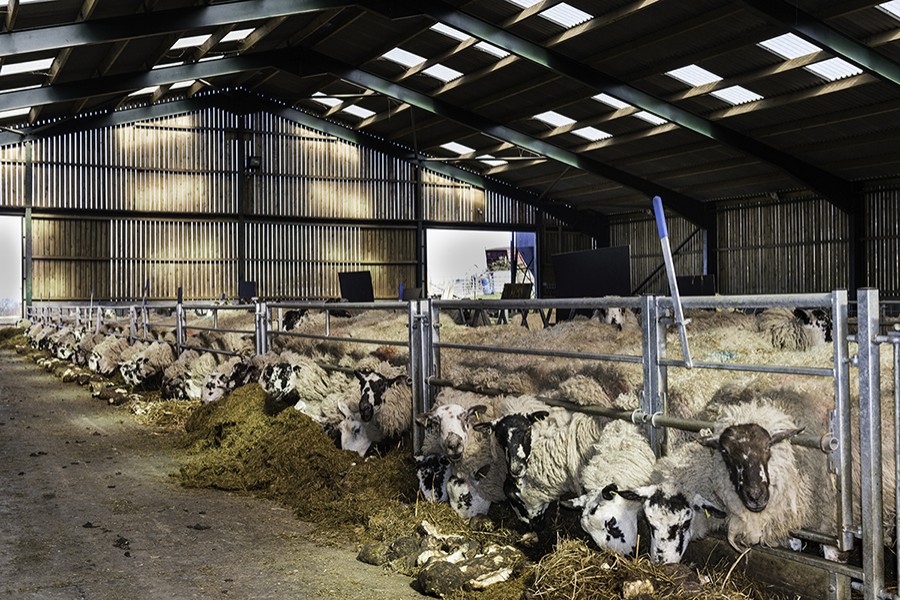Experts and academics here observed that a large-scale promotion of commercial sheep farming can be the vital means of meeting the existing protein demands.
They also opined that commercial sheep farming is very important for producing valuable wool to help develop wool-based textile in the country.
As a whole, a successful promotion of sheep farming can contribute to the increase of woollen fibre production, improving rural livelihood and producing more meat and milk to meet the country’s nutritional demand.
The observation came at the closing and certificate-giving session of a two-day training course for the trainers on commercial sheep farming at Veterinary Clinic on Narkelbaria campus of Rajshahi University (RU) on Tuesday.
RU’s Department of Veterinary and Animal Sciences (DVAS) and Krishi Goveshona Foundation (KGF) jointly organised the training in association with ‘Validation of good practices of on-farm lamb production system’ project.
More than 30 entrepreneurs and NGO leaders from Rajshahi, Natore, Naogaon, Pabna and Sirajganj joined the training session.
Chaired by DVAS Chairman Prof SM Kamruzzaman, the meeting was addressed, among others, by RU Chief Engineer Abul Kalam Azad, Prof Jalal Uddin Sarder of the department and its Deputy Chief Veterinary Officer Dr Hemayetul Islam, Principal Investigator of the project Dr Rashida Khatun and Co-investigator Dr Akhtarul Islam.
Dr Rashida Khatun said rapid economic growth of the region could be achieved through proper use and development of livestock resources.
She said the issue of improvement and conservation of native sheep in society-based and commercial farms should be given priority for poverty reduction and creating employment opportunities.
Prof Jalal Uddin Sarder told the meeting that the scientists of Department of Livestock Services and the Bangladesh Livestock Research Institute (BLRI) have already developed and produced different types of woollen fabrics and bed-sheet and suiting by using 30 per cent sheep wool, 30 per cent jute and 40 per cent cotton, reports BSS.
“Demand for these products is huge in local market and the same could be met by commercial sheep farming,” he said.
Currently, Bangladesh is producing about 3,000 tonnes of wool from 3.4 million sheep that are being used in producing blanket, shawl, bed-sheet and other winter clothing.


